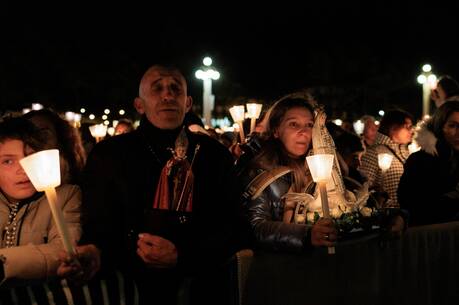In Knossos there was no way to write love,
for written language was used only by scribes,
to keep tabs on grain and goats,
no written words for doubt or fear,
for hate, war, devotion, charity or loyalty.
There were no poems, no plays,
no epic dramas—at least not in writing—
no threatening letters, no marriage proposals,
birthday cards or tweets—
as though today only accountants could write,
and had words only for buildings,
cars, cash, coal and oil.
There were no pronouns;
only in person could you say:
I love you
or
I want to kill you—
if you could write
and send a love letter:
Three goats, ten bushels of wheat,
five sheep, ten pomegranates,
one house, two people.







